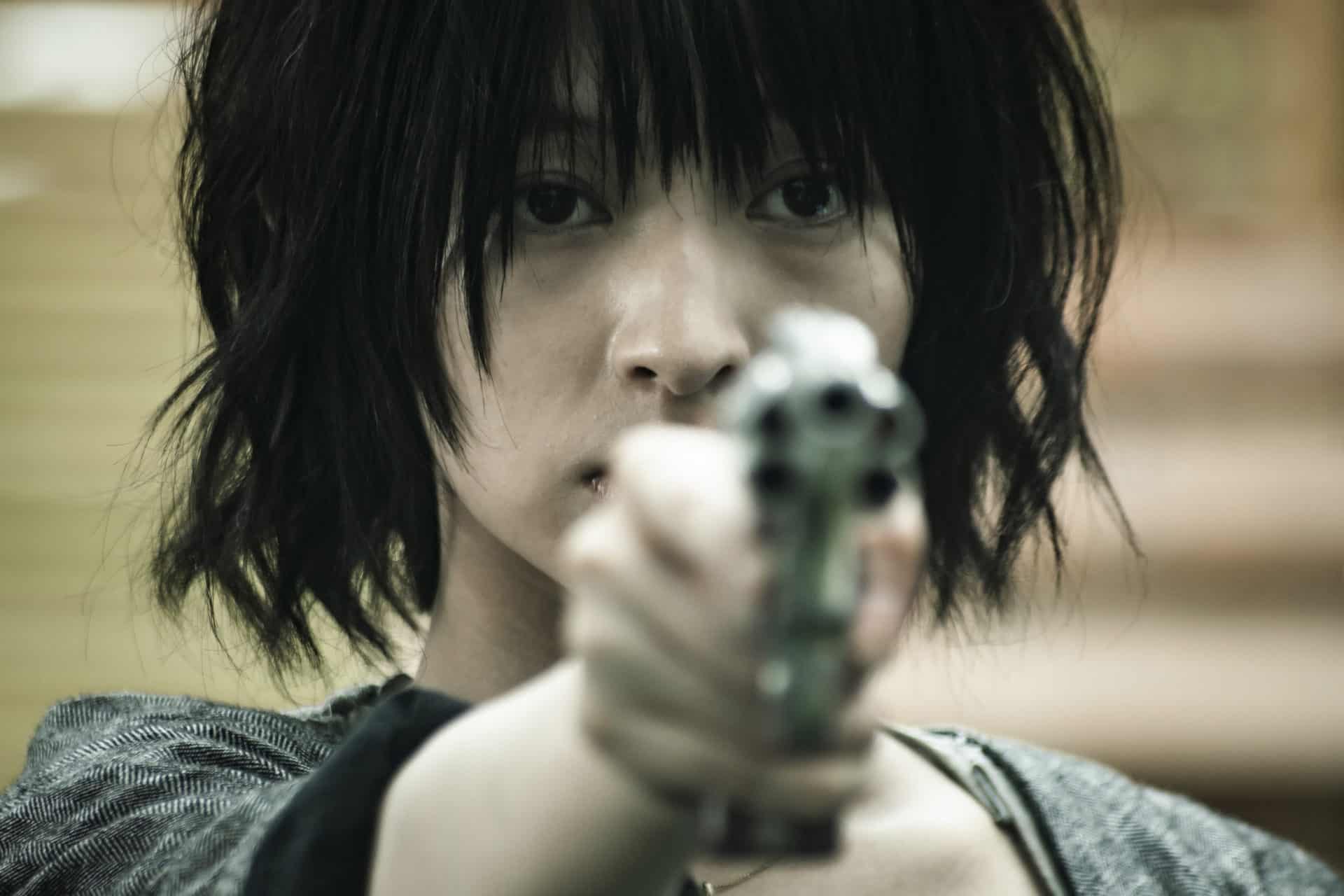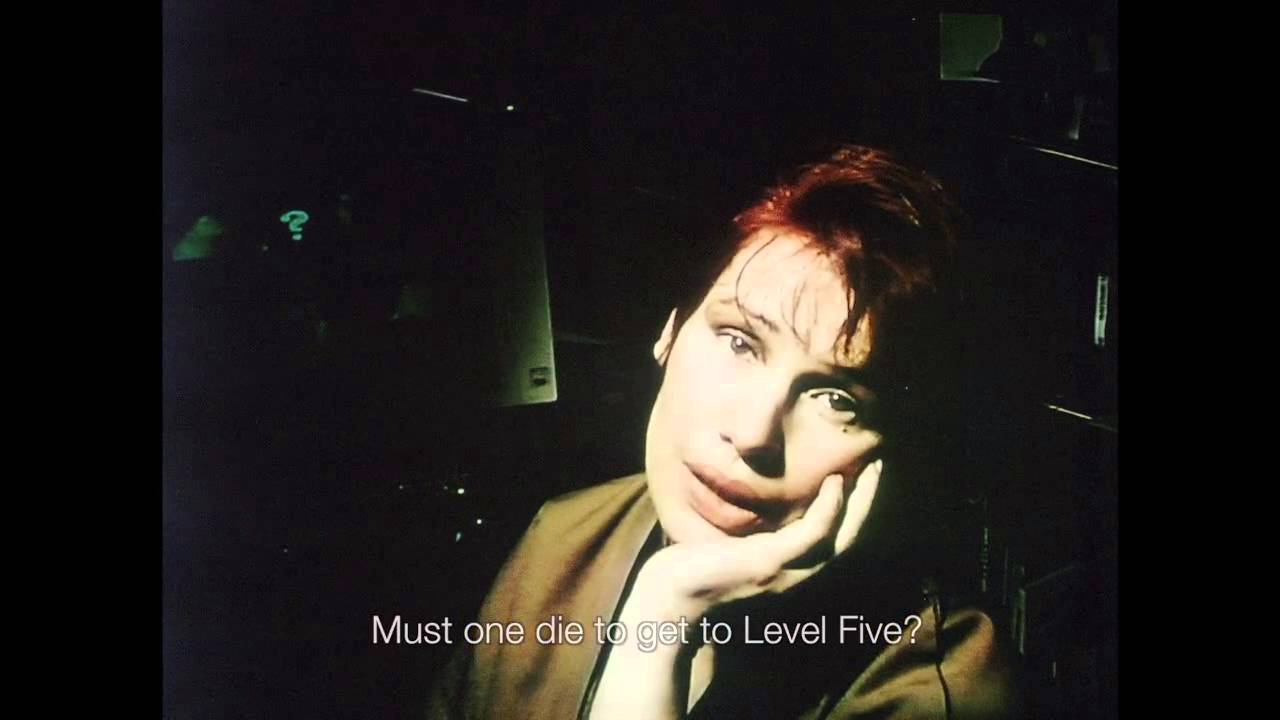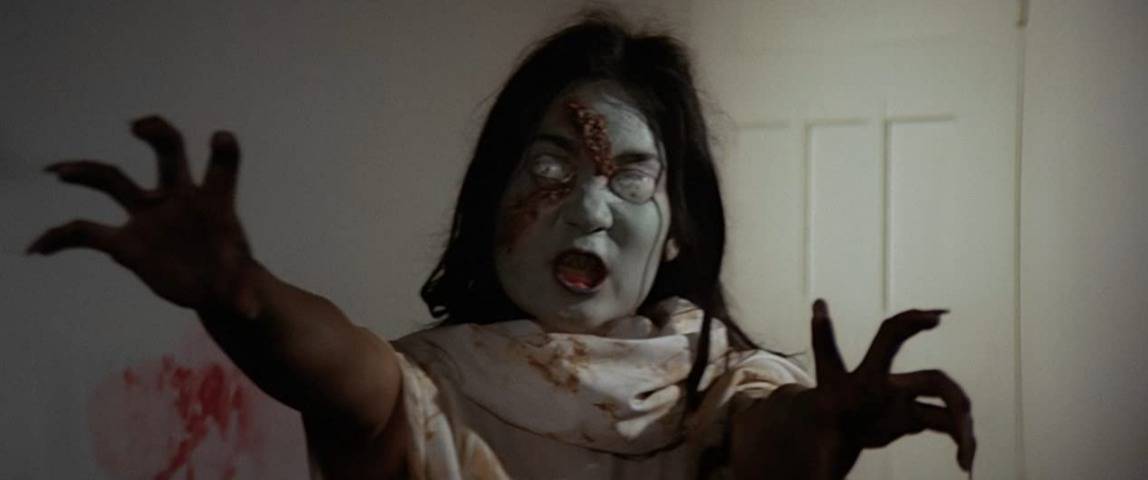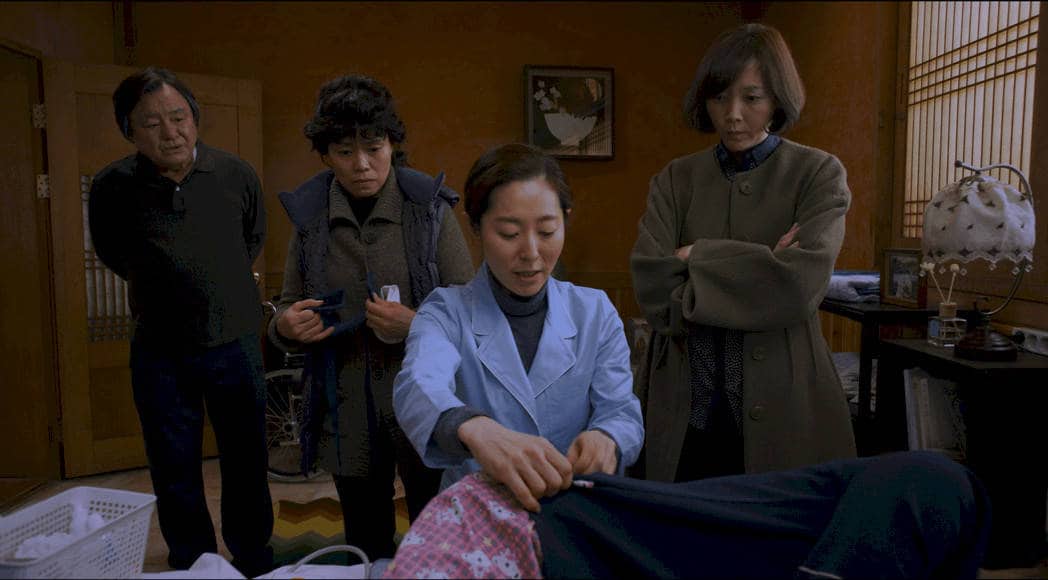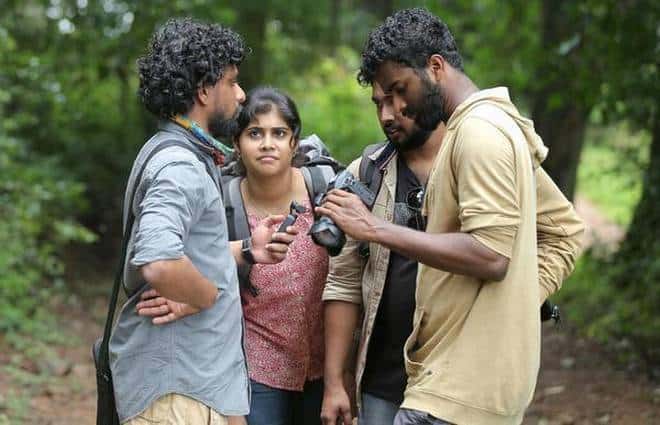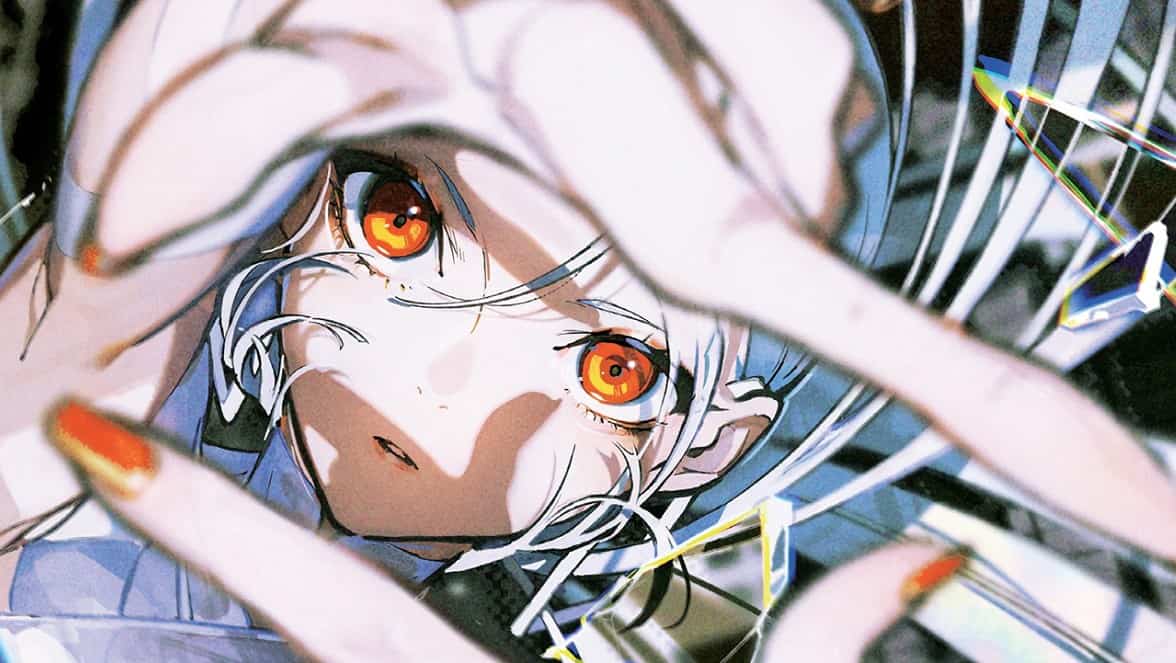What would happen if the world collapsed? Will society end once and for all? Gen Nagao returns with an astounding thriller on human relations and the nature of violence and order. “Motion Picture: Choke”, also known as “Movie (Choke)”, is his second feature and an unexpected take that cleans the slate of everything we understand of the world and humankind.
Motion Picture: Choke is screening at Udine Far East Film Festival 2024
In contrast to fellow post-apocalyptic movies, Nagao's dystopian society doesn't revolve around avant-garde and hyper-technological structures. Instead, after its collapse, the world starts from scratch. It lacks civilization and human speech. The people converse via grunts and sighs. The protagonist is a woman (Misa Wada) who survives alone by hunting and spending time in nature. She is observed intimately as she awakens transfixed following frequent nightmares of an all-black, menacing human figure threatening her. But her only human connection is with a wandering seller of food and goods exchanged via barter. One day, three bandits barge into her shelter and assault her. From that moment on, the woman lives in fear until a young boy suddenly appears. Together, they discover love, sex, and mutual care. But everything changes when the bandits come back to haunt her. Consequently, violence and hierarchy shake their silent and quiet world.
“Motion Picture: Choke” is a compelling story about the nature of human connection and social structures. It's a focused reflection on life on the planet from the dawn to the post-future, and a point of observation on the feral bestial instincts that have and still fill human history. Unsurprisingly, these are the same ones that characterize this extraordinary tale of ordinary survival.
While the cinematic image settles on an essential primitivism, it is well managed and never replaced by writing any signs as it will betray the uncivilized and agraphic assumption of the whole film. Meanwhile, Misa Wada stands out with an incredible performance. The actress' expressiveness perfectly denotes the childlike wonder of a prehistoric woman. Her actions and gestures speak more than words, capable of giving more insight into what's going on besides hunting and barter. Moreover, through frugality and discovery, the movie sets the mood for an engaging but isolated environment destined to be destroyed by its inhabitants.
Former assistant director of Kiyoshi Kurosawa, Gen Nagao's education and influences do not go unnoticed. They're not difficult to catch, as this feature is a silent world made of micro-symphonies of noises, illiterate moans, and rhythmic drips. Not to mention that desire is ambiguous and often deadly and brutal. The film works as a confrontation between the viewer and the abyss. However, “Motion Picture: Choke” shows great individual maturity and an original style. It is also coherent with its plot and message, conveyed thanks to simple technical means and on a low budget.
Nature and abandoned places, enlightened by simple and black-and-white photography, give space for the telling of the childlike innocence of humanity when confronted with the wonders of the earth and mutual connection. But, at some point, the connection digresses, as it exposes mankind's obscure side – such as violence, hierarchy, slavery, and greed. “Movie (Choke)” thrives in the cosmic pessimism of a world not distracted even by civilization, as if impossible coexistence is part of human nature. Cues present the story as an evocative human parable. Caught in this complicated process we call evolution, do we really know what progress is?
Nagao doesn't only try to depict the nature of violence and social structures. He poses fundamental questions: what would happen if they didn't exist? Would they inevitably come back as they're part of human blood? “Motion Picture: Choke” is a powerful, evocative film that leaves the viewer with the arbitrariness of interpretation. Throughout the complex self-determination of the protagonist, we're confronted with a terrible truth: perhaps the single, solitary human being, isolated from everyone, cannot, by human nature, live together even with himself.



